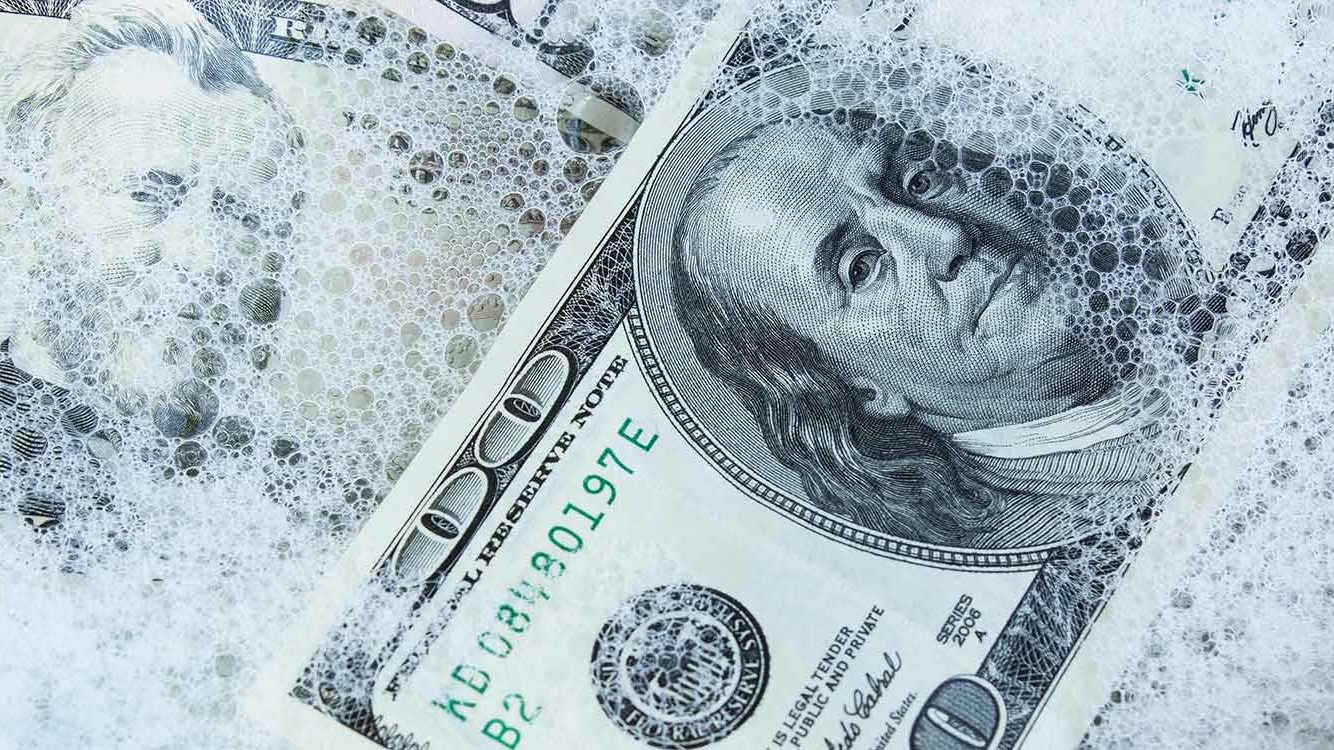Michigan Unemployment Overpayment and Reimbursement
Michigan has a history of overpaying unemployment benefits without the request or knowledge of the recipient. This is a problem when the government seeks reimbursement.

Is there a way to avoid reimbursing Michigan for unemployment benefits?
If an individual collected unemployment benefits in good faith and not based on intentional misrepresentation, it might be possible to avoid paying back unemployment benefits. If the unemployment agency determines that an individual has obtained benefits to which the individual is not entitled, the agency may recover the funds paid plus interest. However, except for an intentionally false statement, misrepresentation, or concealment of material information, the unemployment agency will waive recovery of an improperly paid benefit if repayment would be contrary to equity and good conscience, and they will waive any interest.

Intentional False Statement, Misrepresentation, or Concealment of Material Information
At the onset, the Michigan Attorney General and the Michigan Unemployment Insurance Agency will presume that improperly paid benefits resulted from an intentional false statement, misrepresentation, or concealment of material information. Because wrongful intent is generally assumed, Michigan will request reimbursement. Suppose the recipient can credibly and persuasively demonstrate that there was no fraudulent intent or actions. In that case, reimbursement will be waived, and the recipient can avoid paying back unemployment benefits.
“If the government claims fraud, will I have to pay back unemployment benefits?”
If the government insists that an individual obtained benefits through misrepresentation or fraud, it will insist on reimbursement and could proceed with filing felony or misdemeanor criminal charges. A wrongfully accused person should not be bullied into reimbursing the government for overpaid benefits. The law prohibits the government from recouping funds if doing so would be contrary to equity and good conscience. An experienced and skillful attorney can help you determine whether reimbursement in your situation is equitable.
“If I reimburse Michigan for an unemployment overpayment, can I still be prosecuted?”
Suppose the government believes you obtained unemployment due to an intentional false statement, misrepresentation, or concealment of material information. In that case, paying back unemployment benefits will not insulate you from prosecution unless you have a formal agreement for immunity. In other words, full reimbursement is not a defense to felony or misdemeanor criminal charges. If you are considering paying back unemployment benefits, it is essential that you have a lawyer attempt to negotiate immunity from prosecution on your behalf. Although the government will not always agree to immunity, a persuasive, reputable defense lawyer gives you your best hope of avoiding prosecution.
Avoid Reimbursement for Unemployment Overpayment
There are various ways to support a claim seeking to avoid paying back unemployment benefits. The first strategy is to produce evidence supporting a lack of wrongful intent or knowledge. For example, it is not fraudulent if a statement supporting unemployment was a bona fide, good-faith mistake, perhaps based on a miscommunication or misunderstanding. Producing a copy of documents, a website, or communication that led to an innocent error can be powerful evidence of a lack of criminal intent. Additionally, the target of a reimbursement request can provide evidence showing they are trustworthy, honest, and have a good reputation. Letters of community support, prior good deeds (like charitable work), and positions of responsibility can help demonstrate someone is honorable and law-abiding.

Defense Attorneys for Unemployment Fraud Allegations
If the government accuses you of receiving an unemployment overpayment, it would be best if you proactively build a defense against possible criminal allegations. An attorney experienced with handling these matters can zealously advocate on your behalf and seek forgiveness of any amounts improperly paid, if appropriate. If reimbursement is appropriate, the Defense Team with LEWIS & DICKSTEIN, P.L.L.C. can negotiate on your behalf and seek immunity from prosecution. If charges cannot be avoided, our lawyers can provide you with an aggressive, strong defense in court. Call us for a free consultation, and we will take the time to talk with you, answer your questions, and work with you to develop a winning defense strategy. We will not let you down.
Call us today at (248) 263-6800 for a free consultation or complete an online Request for Assistance Form. We will contact you promptly and find a way to help you.












